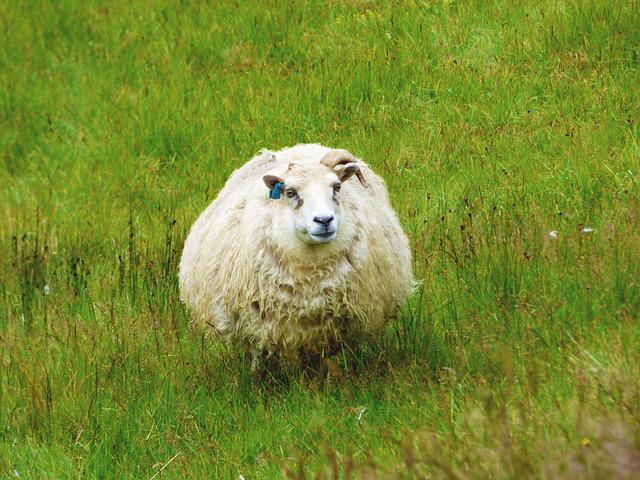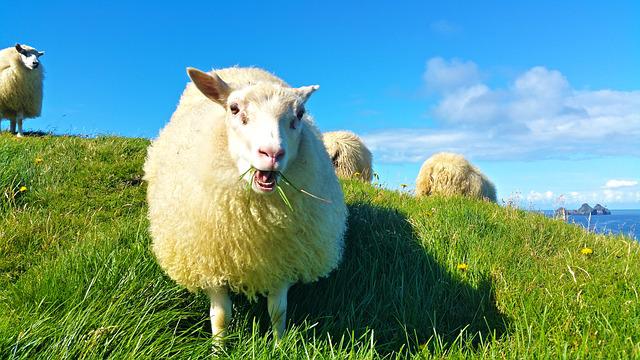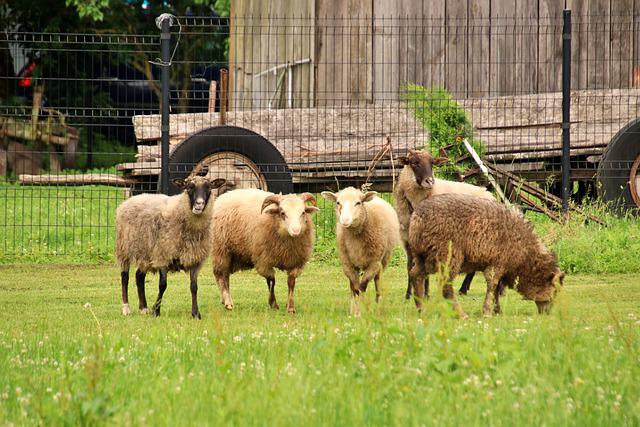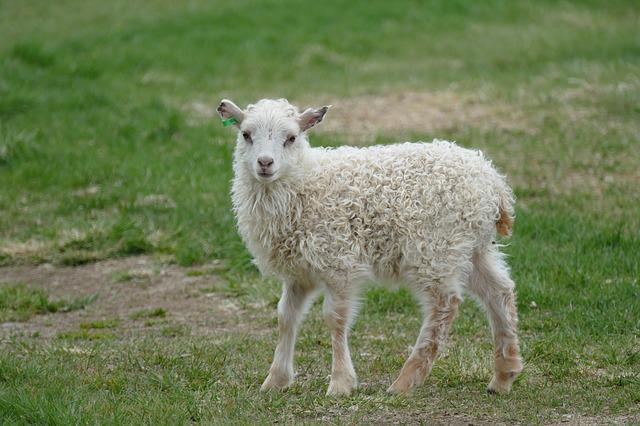Icelandic Sheep: Purebred Indigenous to Iceland, Brought by the Vikings

Iceland is known for its harsh and desolate terrain, making it difficult to grow crops. As a result, animal husbandry and grazing have been the primary means of livelihood since ancient times.
Sheep, which are highly resistant to cold, have been particularly valuable in supporting the lives of Icelanders since the Viking era. The breed of sheep indigenous to Iceland is called the Icelandic Sheep, and it is actually known worldwide as a rare ancient breed of sheep.
In this article, I will introduce the purebred Icelandic Sheep native to Iceland.
The Icelandic Sheep Brought by the Vikings

The first people to migrate to Iceland, a country covered by rugged mountains and glaciers, were the Vikings, who ruled the northern seas as pirates. The first Viking settlers arrived in Iceland in 874 AD. They brought many resources and cultural elements from Norway, including sheep.
The breed of sheep brought by the Vikings is called Icelandic Sheep or Icelandic Sheepdog, characterized by its horned and short-legged appearance. This breed is now known as the indigenous sheep of Iceland. Until the 1940s, Icelandic Sheep were primarily used for dairy farming, producing sheep’s milk.
Nowadays, they are raised for their wool and meat. The wool is processed into outer and inner coat wool products, and the meat is exported worldwide as Icelandic lamb.
Sheep as the Primary Livestock in Iceland

Iceland’s landscape, consisting of lava, barren land, and harsh climate, is unfortunately not suitable for growing crops. Therefore, Icelanders have relied on animal husbandry to sustain their livelihood since ancient times.
Sheep are animals with strong cold resistance, making it possible to raise them in the cold climate of Iceland. Sheep’s wool provides clothing to protect against the cold, and their meat serves as a valuable food source. In Iceland, where the land is infertile and it is difficult to grow crops, utilizing every part of the sheep, from wool to meat, was essential. Icelandic cuisine includes many sheep dishes, ranging from roasted meat to a stewed dish called Svið, which uses sheep’s heads.
Purebred with Unchanged Genetic Composition for Over 1000 Years

The Icelandic Sheep, introduced by the Vikings in the late 9th century, is known worldwide as a rare purebred sheep. Nowadays, many livestock breeds are genetically improved, such as Wagyu beef and broilers. On the other hand, Icelandic Sheep have been bred exclusively within the same lineage since their introduction to Iceland in the 9th century.
In other words, the genetic structure of the Icelandic Sheep’s ancestors from the 9th century and that of modern specimens are identical, making them a rare breed. This is due to the strict bloodline management by the Icelandic government, which severely restricts the export of living Icelandic Sheep and the import of other sheep breeds. As a result, the ancient breed of Icelandic Sheep has been preserved for over 1000 years.
High-Quality Icelandic Lamb
The purebred Icelandic Sheep are processed as meat and exported worldwide as Icelandic Lamb. Icelandic Sheep are basically raised free-range, eating wildflowers, herbs, and berries native to Iceland. They are not treated with growth hormones or antibiotics.
Icelandic Sheep raised in the rich nature of Iceland are known for their high-quality meat, which is said to be free of the typical mutton odor and has a deep, sweet flavor. However, Icelandic lamb accounts for only about 1% of Japan’s mutton imports, making it an extremely rare meat in Japan.
Conclusion
Icelandic Sheep were brought to Iceland by the Vikings in 874 AD when they settled in the country. Since then, they have been known as an ancient sheep breed that has not been crossbred for about 1200 years.
Nowadays, Icelandic Sheep are exported as Icelandic Lamb, and their high-quality meat is highly praised. While not widely available, Icelandic Lamb can be found at some establishments in Japan, so if you are interested, be sure to check it out.




